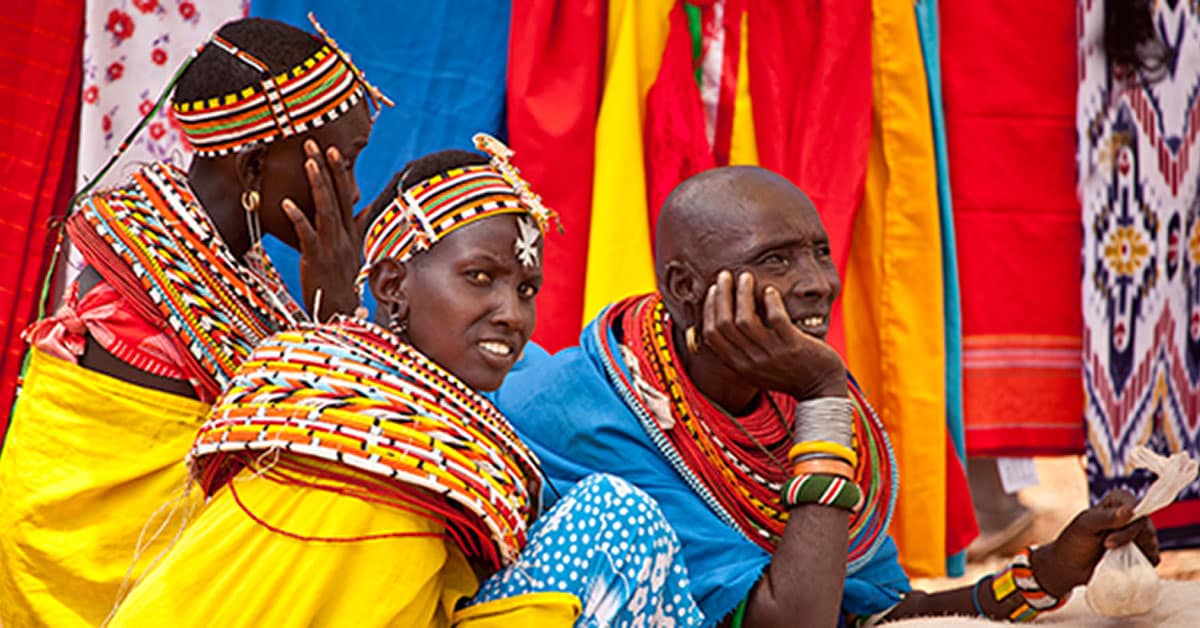- East Africa, a region rich with history and tradition, is home to some of the most fascinating cultural practices in the world.
East Africa, a region rich in history and tradition, is home to some of the most fascinating cultural practices in the world.
While many of these customs are steeped in ancient wisdom and community, others may appear peculiar to outsiders.
Here’s a glimpse into some of the most unusual beliefs and rituals that continue to intrigue and bewilder.
Funeral Traditions
In Kenya, the Teso community has a unique way of resting their loved ones. The deceased are buried sideways, with palms clasped beneath their cheeks, facing their former homes. This position is believed to grant peace in the afterlife.
Read More
Traditional Medicine
Many East Africans believe illnesses stem from natural causes and spiritual or moral transgressions.
As such, traditional healers are sought after for their herbal remedies and spiritual interventions, especially in rural Ethiopia.
Circumcision Ceremony
The Bukusu of Kenya marks the transition from boyhood to manhood with a public circumcision ritual.
The initiates, covered in white chalk and mud, dance from village to village before undergoing the procedure without anaesthetic, an actual test of bravery.
Albinism Myths
Tragically, in some parts of East Africa, people with albinism face life-threatening superstitions. It’s believed that their body parts can bring wealth and good fortune, leading to heinous crimes against individuals with albinism.
Ritual Murders
Witchcraft and the supernatural play significant roles in the region. Misfortunes are rarely seen as coincidental, prompting some to seek out witch doctors for charms or to counteract curses believed to be cast by envious neighbours.
Blessings through Spitting
Among the Maasai tribes of Kenya and Tanzania, spitting is considered a form of blessing. Men spit on newborns while declaring them wrong, as praising a baby is believed to bring a curse. Maasai warriors also spit in their hands before shaking the hand of an elder.
Purification of the Dead
The Chewa people, of Bantu origin, have a unique burial practice. They perform a ritual where the throat of the deceased is cut, and water is poured into the body to cleanse it.
Pointing Customs
In many East African cultures, pointing at someone or something with a finger is considered rude. Instead, different methods, such as using the elbow or chin, draw attention to an object or person.
Language and Identity
The Sabaki languages, a group of Bantu languages spoken along the East African coast, play a significant role in forming ethnic identities.
These languages include Kiswahili, Mijikenda, Pokomo, and others. Their speakers share a strong sense of community shaped by their linguistic heritage.



-1772102940-md.jpg)


-1772090413-1772095461-md.jpg)
-1772094026-md.jpg)

-1772102940-sm.jpg)


-1772090413-1772095461-sm.jpg)